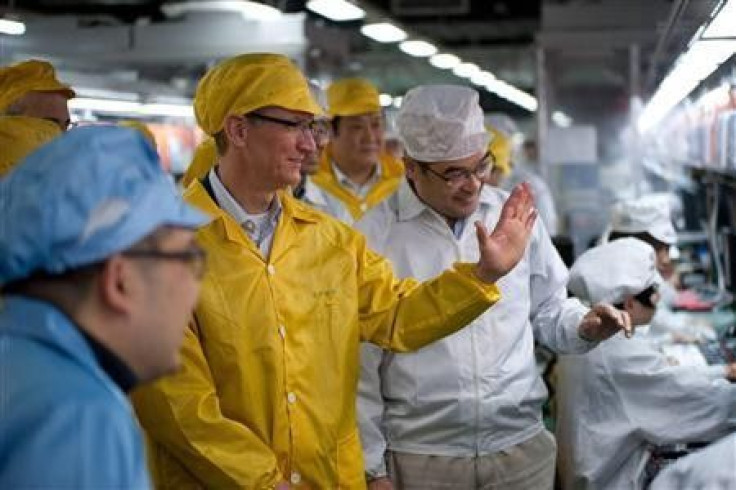Cisco, Dell, HP: Is A Tech Recession Coming?

Because they report quarterly results out of the regular pattern, technology giants Cisco Systems (Nasdaq: CSC), Hewlett-Packard Co. (NYSE: HPQ) and Dell (Nasdaq: DELL) are bellwethers.
In good years, when they report good results and present good forecasts, that usually means performance is good for the others from International Business Machines Corp. (NYSE: IBM), AT&T Inc. (NYSE: T), the No. 1 telecommunications carrier and Intel (Nasdaq: INTC), the No. 1 chipmaker.
Indications are trouble is ahead, if the reports from Cisco and Dell are correct. Later Wednesday, we'll see what HP forecasts, as well as how many employees are to be fired.
The question is whether the outlook is for overall demand shrinkage for technology products or are the big players, especially HP and Dell, waiting for Microsoft (Nasdaq: MSFT), the world's biggest software company, to ship its Windows 8 software next quarter, prompting new orders.
It's too early to tell.
Still, there are some disheartening concerns. After missing expectations for first-quarter results on Tuesday, CEO Michael Dell of his eponymous company said: In my own interactions with larger customers, we are seeing a delay and a pause in spending activity.
Shares of Dell, based in Round Rock, Tex., got hammered Wednesday, falling nearly 18 percent to as low as $12.36, lowering the market value of the company to only $21.9 billion.
On May 9, Cisco Systems, the No. 1 Internet products company, reported decent third-quarter results but issued a dismal forecast for the current quarter.
CEO John T. Chambers, who spearheaded huge manpower cuts last year and began a turnaround, said Cisco has great products ready but customers who don't want to order them yet.
Their plans are to spend more in the second half of the year, Chambers said. However, in the next sentence they said they are waiting to see what happens in Europe and what happens in government policy.
Cisco shares plunged 10 percent the next day and haven't recovered. The value of the San Jose, Calif.-based giant has fallen to only $89.1 billion. For the past 52 weeks, they've eked out a 1 percent gain.
So when Hewlett-Packard, the world's biggest makers of servers, PCs and printers reports second-quarter results Wednesday, what guidance will new CEO Margaret Whitman provide?
Beyond announcing she's firing as much as 7 percent of the employees of the Palo Alto, Calif.-based company, what sort of outlook will there be? Last year, for example, she decided to keep the PC business, the world's largest, rather than sell it as proposed by her predecessor.
Neither Whitman nor CFO Cathie Lesjak is likely to offer an earnings forecast but they will say where trends are going, if they are waiting for Microsoft or not. HP's market value is only $41.1 billion.
The slowdown may only be linked to networking and PCs, after all, not other technology products in high demand like iPhones from Apple (Nasdaq: AAPL), the world's most valuable technology company, and electronic products.
Indeed, last week, Agilent Technologies (NYSE: A), which is essentially the original HP, a maker of instruments, reported second-quarter net income jumped 28 percent. Agilent also predicted better-than-expected third-quarter sales.
Agilent shares have jumped 14 percent this year.
Intel, for example, previously issued a bullish second-quarter forecast, in part due to demand for new UltraBook chips slotted for HP and Dell units. Its shares are up 4 percent this year.
So the bellwether may be company specific, not just industry specific. Still, even shares of Apple have eased 13 percent from their April 10 high: they're at $559, still up 38 percent in 2012.
© Copyright IBTimes 2024. All rights reserved.












